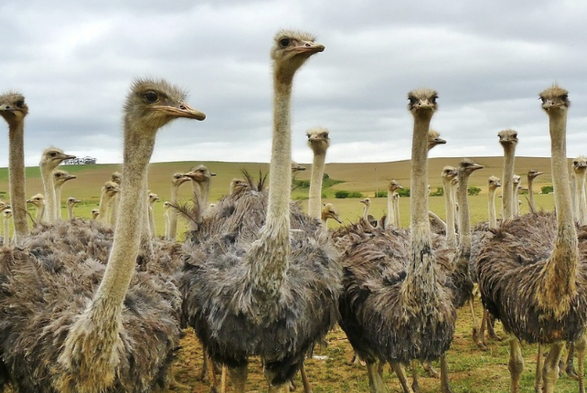2025-07-10 17:27:00
Does anyone have experience with Spaceship (#Spaceship.
2025-07-11 23:08:12
Author and editor Callie Collins on finding spaces to think and work creatively https://thecreativeindependent.com/peo
2025-08-12 02:55:39
In a July 11 arbitration hearing between Politico and the PEN Guild, Politico argued that some Politico AI experiments aren't subject to editorial standards (Andrew Deck/Nieman Lab)
https://www.niemanlab.org/2025/08/politico
2025-09-10 08:15:13
Arm launches four Lumex compute subsystem CPU architectures to improve on-device AI on smartphones, PCs, and wearables, and unveils the new Mali G1-Ultra GPU (Ben Funk/HotHardware)
https://hothardware.com/news/arm-lumex-compute-subsystem-on-device-ai
2025-08-12 00:42:10
Urge Chanel to Stop Using Ostrich Feathers in Their Designs https://www.speciesunite.com/urge-chanel-to-stop-using-ostrich-feathers-in-their-designs?utm_source=Mastodon
2025-08-12 08:52:03
Skew von Neumann constant in Weak Orlicz Spaces and Weak Lebesgue Spaces
Haoyu Zhou, Qi Liu, Yuxin Wang, Man Liang, Linlin Fu
https://arxiv.org/abs/2508.06999 https://
2025-08-11 20:16:00
2025-08-12 10:57:33
Logarithmic Quot spaces, boundedness, and K-tropicalizations
Patrick Kennedy-Hunt, Dhruv Ranganathan
https://arxiv.org/abs/2508.08175 https://arxiv.org/pdf…
2025-08-10 22:40:02
Astrophysicist Proposes Paperclip-Sized Spacecraft Could Travel at Lightspeed to a Black Hole - Slashdot
https://science.slashdot.org/story/25/08/10/2124249/astrophysicist-proposes-paperclip-sized-spacecraft-could-travel-at-lightspeed-to-a-black-hole
2025-08-11 11:36:26
"""
All of which was of the utmost importance for subsequent developments in the medicine of the mind. In its positivist incarnation, this was little more than the combination of the two experiences that classicism had juxtaposed without ever joining them together: a social, normative and dichotomous experience of madness that revolved entirely around the imperative of confinement, formulated in a style as simple as ‘yes or no’, ‘dangerous or harmless’, and ‘good or not good for confinement’, and a finely differentiated, qualitative, juridical experience, well aware of limits and degrees, which looked into all the aspects of the behaviour of the subject for the polymorphous incarnations that insanity might assume. The psychopathology of the nineteenth century (and perhaps our own too, even now) believes that it orients itself and takes its bearings in relation to a homo natura, or a normal man pre-existing all experience of mental illness. Such a man is in fact an invention, and if he is to be situated, it is not in a natural space, but in a system that identifies the socius to the subject of the law. Consequently a madman is not recognised as such because an illness has pushed him to the margins of normality, but because our culture situates him at the meeting point between the social decree of confinement and the juridical knowledge that evaluates the responsibility of individuals before the law. The ‘positive’ science of mental illness and the humanitarian sentiments that brought the mad back into the realm of the human were only possible once that synthesis had been solidly established. They could be said to form the concrete a priori of any psychopathology with scientific pretensions.
"""
(Michel Foucault, History of Madness)





